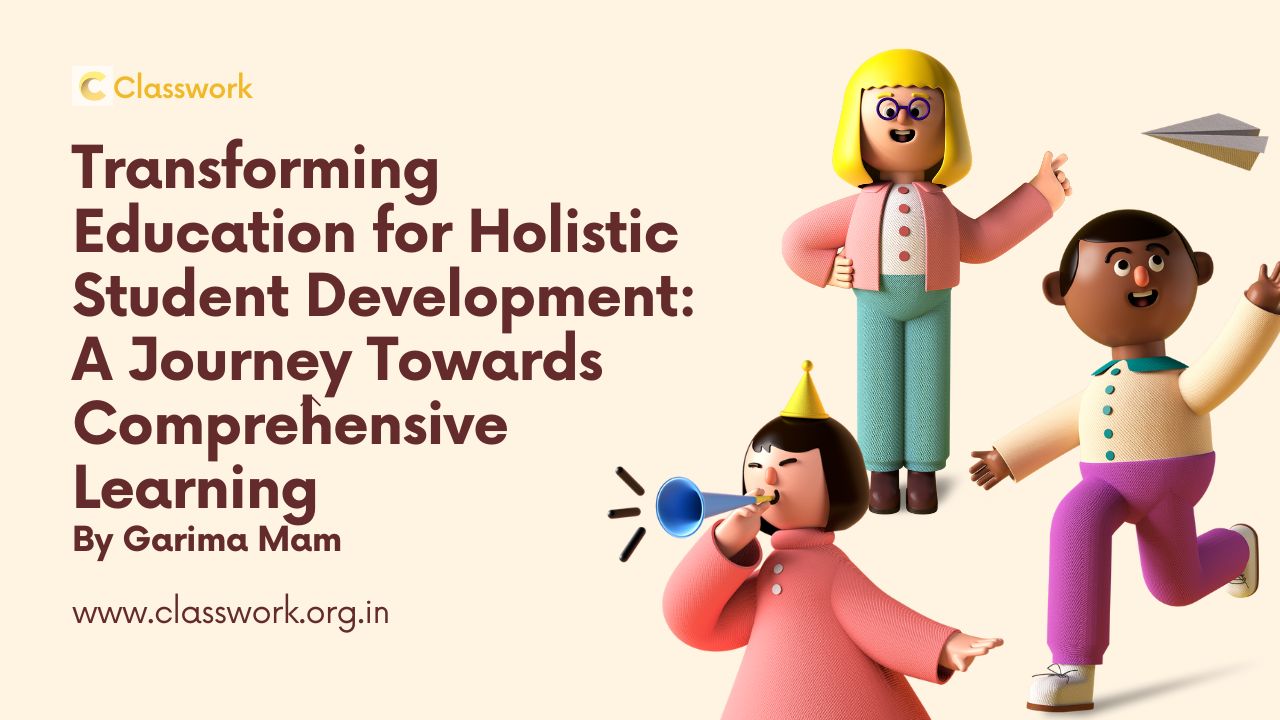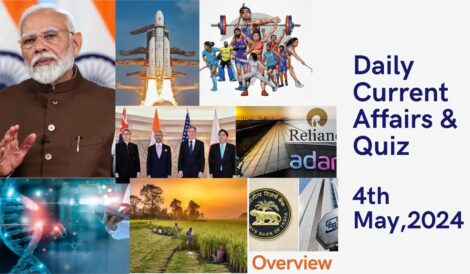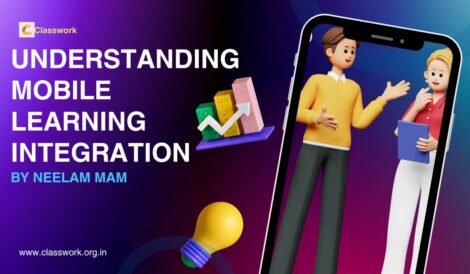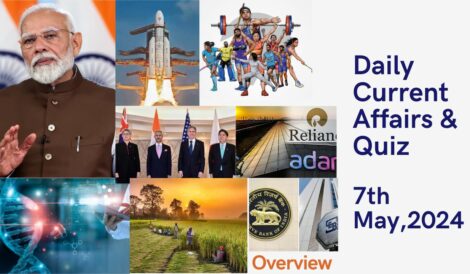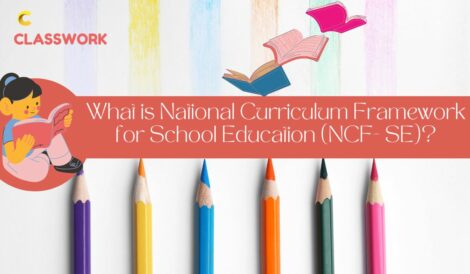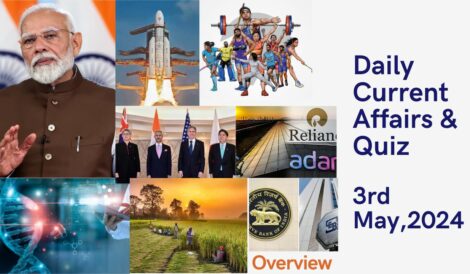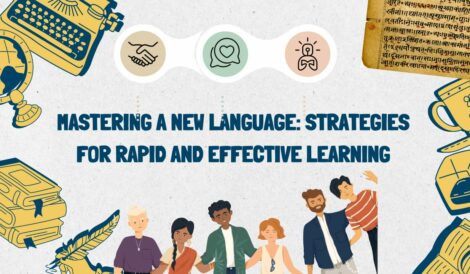- Posted on
- No Comments
Transforming Education for Holistic Student Development: A Journey Towards Comprehensive Learning
In the swiftly changing landscape of today’s world, education serves as the bedrock of progress and prosperity. However, the traditional educational model, which predominantly prioritizes academic accomplishments, often neglects the holistic growth of students. Acknowledging the necessity for a paradigm shift towards holistic education, educators and policymakers worldwide are reimagining the educational framework to foster all-encompassing learning experiences that nurture the mind, body, and spirit of each student.
Understanding Holistic Education: Holistic education transcends the confines of conventional classroom teachings, aiming to cultivate well-rounded individuals equipped not only with academic knowledge but also with vital life skills, emotional intelligence, and ethical values. It underscores the integration of intellectual, emotional, social, and physical aspects of learning to foster comprehensive development in students.
Key Components of Holistic Education:
Academic Excellence: Academic prowess serves as the cornerstone of holistic education, empowering students with the necessary cognitive skills and intellectual inquisitiveness to navigate the complexities of the contemporary world.
Life Skills Development: Holistic education places a significant emphasis on equipping students with practical life skills such as problem-solving, critical thinking, communication, collaboration, and adaptability. These skills are essential for success in both personal and professional spheres.
Emotional Intelligence: Recognizing the significance of emotional well-being, holistic education focuses on nurturing students’ emotional intelligence. This involves helping them develop self-awareness, empathy, resilience, and mindfulness to navigate life’s challenges with grace and confidence.
Physical Health and Well-being: A holistic approach to education promotes physical health and well-being through regular physical activity, a nutritious diet, and mindfulness practices. This ensures that students maintain a healthy lifestyle conducive to optimal learning and personal growth.
Creativity and Innovation: Holistic education encourages creativity and innovation by providing students with opportunities for artistic expression, exploration, experimentation, and problem-solving. This fosters a culture of innovation and entrepreneurship.
Transformative Strategies for Holistic Education:
Integrated Curriculum Design: Designing an integrated curriculum that seamlessly merges academic subjects with real-world applications, interdisciplinary projects, and experiential learning opportunities to foster holistic development across multiple domains.
Personalized Learning: Embracing personalized learning approaches that cater to the unique strengths, interests, and learning styles of individual students. This ensures that every learner receives tailored support and enrichment opportunities to maximize their potential.
Social and Emotional Learning (SEL) Programs: Implementing comprehensive SEL programs that explicitly teach students essential social and emotional skills, such as self-awareness, self-management, social awareness, relationship skills, and responsible decision-making. This fosters a positive school climate and nurtures a supportive community of learners.
Community Engagement and Partnerships: Cultivating robust partnerships with families, communities, businesses, and organizations to enrich students’ learning experiences beyond the confines of the classroom. This provides them with diverse opportunities for mentorship, internships, community service, and cultural enrichment.
Teacher Professional Development: Providing ongoing professional development and support for educators to enhance their pedagogical skills, integrate holistic teaching practices into their classrooms, and cultivate a growth mindset conducive to continuous improvement and innovation.
Conclusion:
In conclusion, revamping education for holistic student development necessitates a collective endeavor to reimagine the purpose, structure, and practices of education in line with the evolving needs and aspirations of today’s learners. By embracing holistic education principles and implementing transformative strategies, we can empower students to thrive academically, emotionally, socially, and physically. This prepares them to lead fulfilling lives and make meaningful contributions to society. Let us embark on this journey towards comprehensive learning, where every student has the opportunity to reach their full potential and become lifelong learners equipped to navigate the complexities of the 21st century with confidence and resilience.

